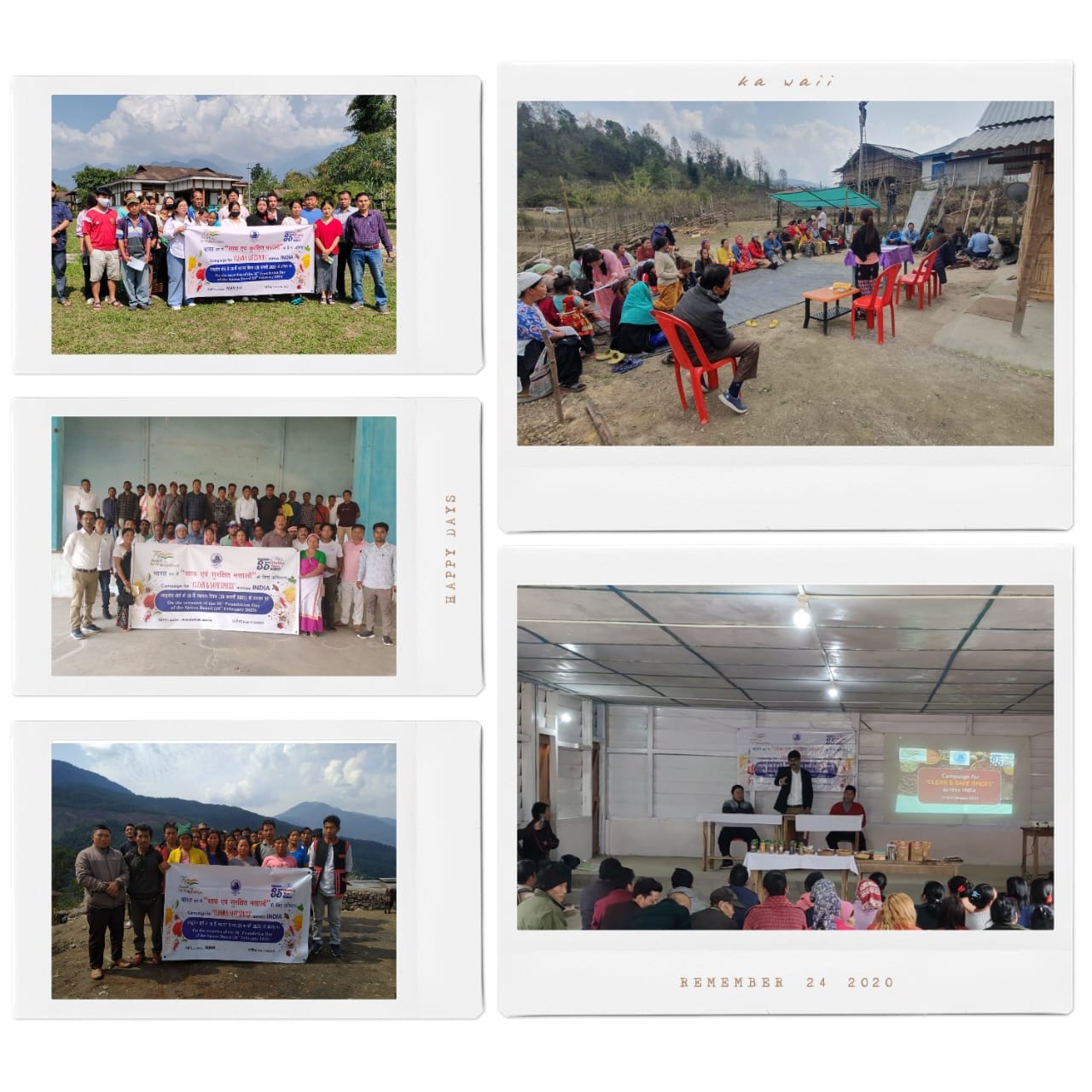SUNDAY, FEBRUARY 02, 2025
Nagaland Districts


Published on Aug 14, 2024
Share

DIMAPUR — Like many of his counterparts, Sahiini Ronald wrote the National Eligibility-cum-Entrance Test (NEET-UG) after Class 12, in the hope of pursuing a career in medicine but was left disappointed by the result. Consequently, he went on to do B.Sc in Horticulture at the College of Horticulture and Forestry, Central Agricultural University, Pasighat in Arunachal Pradesh, before doing an M.Sc at the University of Horticultural Sciences, Bagalkot, Bengaluru.
After completing Master’s degree, he applied for the post of Field Officer at the Spices Board of India, Ministry of Commerce & Industry and passed the exam. He is currently posted in Kohima.
In an interview with Eastern Mirror, the 37-year-old Field Officer shares briefly on the Spices of Board exam.
Could you provide details on the recruitment process for the Spices Board of India?
The details on the recruitment process are – students who have completed B.Sc Agri. & B.Sc Botany can apply for this particular exam. First is the Preliminary exam which consists of MCQs for 100 marks. And if you get through, there will be the Main exam which is subjective in nature, for 50 marks. After which, there will be verification of documents. The process is quite simple; however, the limited number of vacancies makes the competition tougher.
Could you provide us a brief overview of the exam syllabus?
Exam syllabus is mostly based on the subjects that one learns during B.Sc (Agriculture)-- subject like Fundamentals of Agronomy, Fundamentals of Soil Science, Fundamentals of Plant Biochemistry and Biotechnology, Soil Microbiology, Genetics of Plant Breeding, Plant Pathology, Post-Harvest Technology Management, Organic Farming, and Crop Protection and Management.
Can you share with the students the best strategy to ace the exam based on your experience?
Hard work is the best strategy to success. I studied for four hours daily and primarily focused on the topic of ‘genetics’. It took me one year of preparation to pass the exam.
As a field officer, what are your primary responsibilities?
As a field officer, guiding the farmers for cultivation and production technology, marketing of spices and crops are some of my primary responsibilities followed by technology transfer and extension advisory service through conducting both offline and online training, group meetings and other extension services.
What career opportunities are available for students who have completed a B.Sc followed by an M.Sc in Horticulture?
The opportunities available for students who have completed a B.Sc (Agriculture) or M.Sc (Horticulture) are: State Agriculture or Horticulture Department, Spices Board, Coffee Board, Tea Board, Rubber Board, Food Corporation of India, etc.
What according to you are the benefits of pursuing a career in agriculture?
Agriculture is a stable and essential industry that offers diverse career opportunities, good security and the chance to make a positive impact on society and the environment. Working in agriculture also provides the opportunity to connect with nature and promote sustainable farming practices.

RAPID INSIGHTS
Favourite food
Pork with axone and rice.
Three words to describe working at Spices Board of India
Patience, hard work and sincerity
Family is ____
It is a word that makes me feel a sense of closeness, safety and comfort. Family means having someone to love you unconditionally in spite of you and your shortcomings